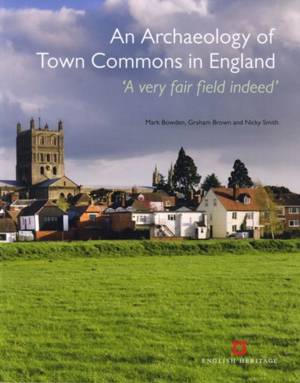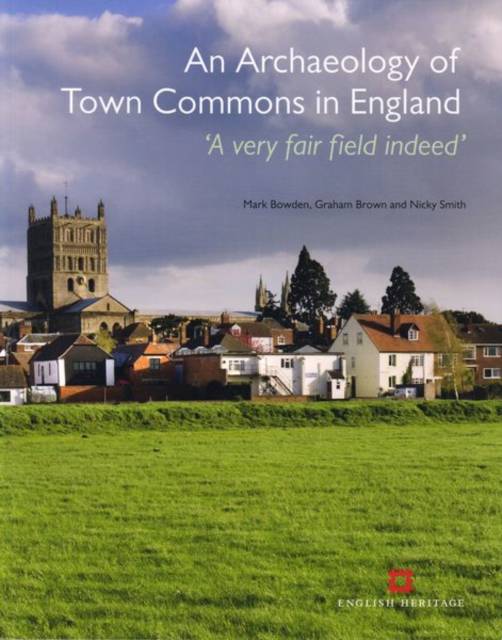
Je cadeautjes zeker op tijd in huis hebben voor de feestdagen? Kom langs in onze winkels en vind het perfecte geschenk!
- Afhalen na 1 uur in een winkel met voorraad
- Gratis thuislevering in België vanaf € 30
- Ruim aanbod met 7 miljoen producten
Je cadeautjes zeker op tijd in huis hebben voor de feestdagen? Kom langs in onze winkels en vind het perfecte geschenk!
- Afhalen na 1 uur in een winkel met voorraad
- Gratis thuislevering in België vanaf € 30
- Ruim aanbod met 7 miljoen producten
Zoeken
An Archaeology of Town Commons in England
'A very fair field indeed'
Mark Bowden, Graham Brown, Nicky Smith
Paperback
€ 27,95
+ 55 punten
Omschrijving
Presents an overview of the archaeology of urban common land. By recognising that urban common land represents a valid historical entity, this book contributes towards successful informed conservation. It contains a variety of illustrations, including contemporary and archive photographs.
Specificaties
Betrokkenen
- Auteur(s):
- Uitgeverij:
Inhoud
- Aantal bladzijden:
- 112
Eigenschappen
- Productcode (EAN):
- 9781848020351
- Verschijningsdatum:
- 1/08/2009
- Uitvoering:
- Paperback
- Afmetingen:
- 218 mm x 275 mm
- Gewicht:
- 556 g

Alleen bij Standaard Boekhandel
+ 55 punten op je klantenkaart van Standaard Boekhandel
Beoordelingen
We publiceren alleen reviews die voldoen aan de voorwaarden voor reviews. Bekijk onze voorwaarden voor reviews.









